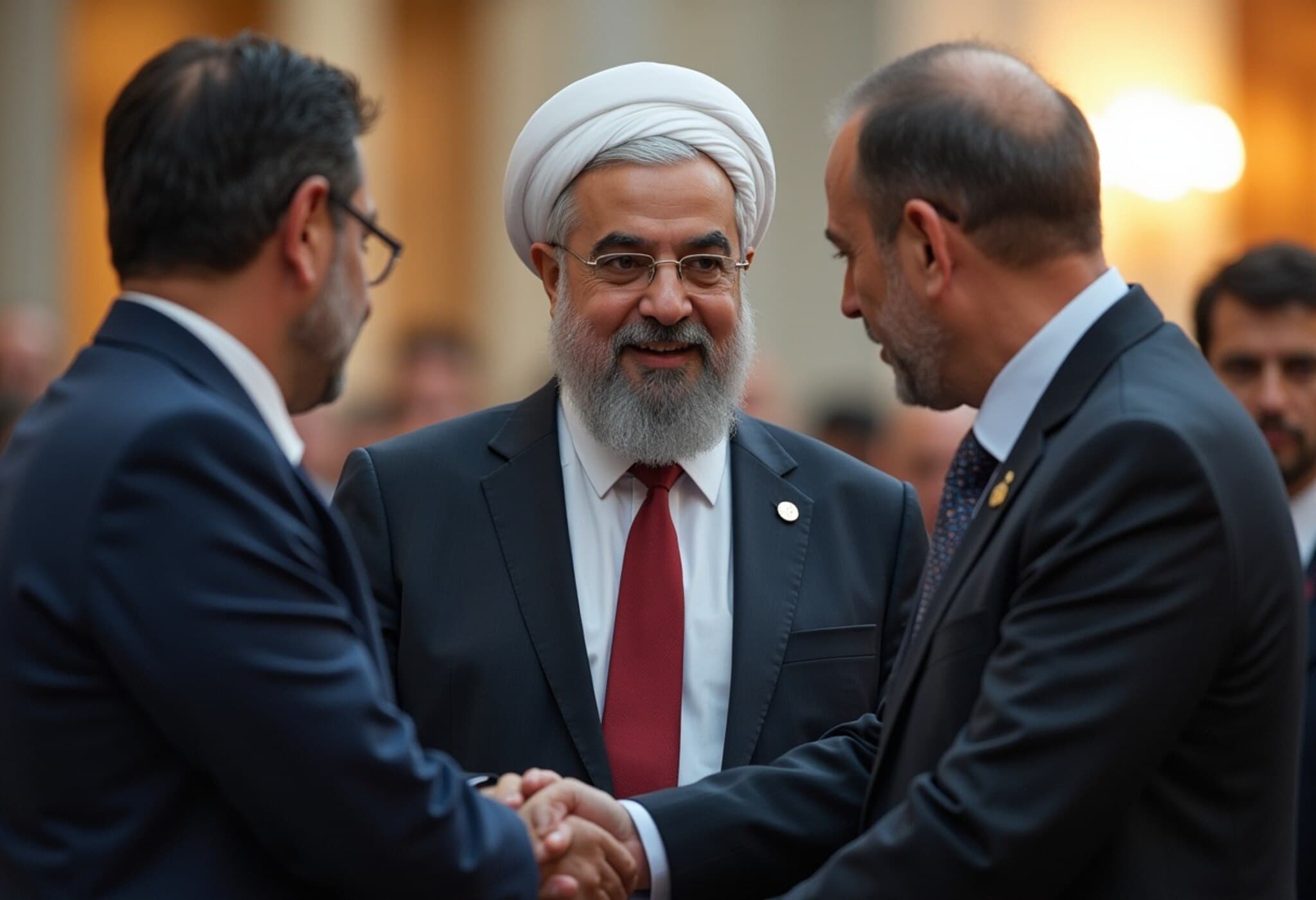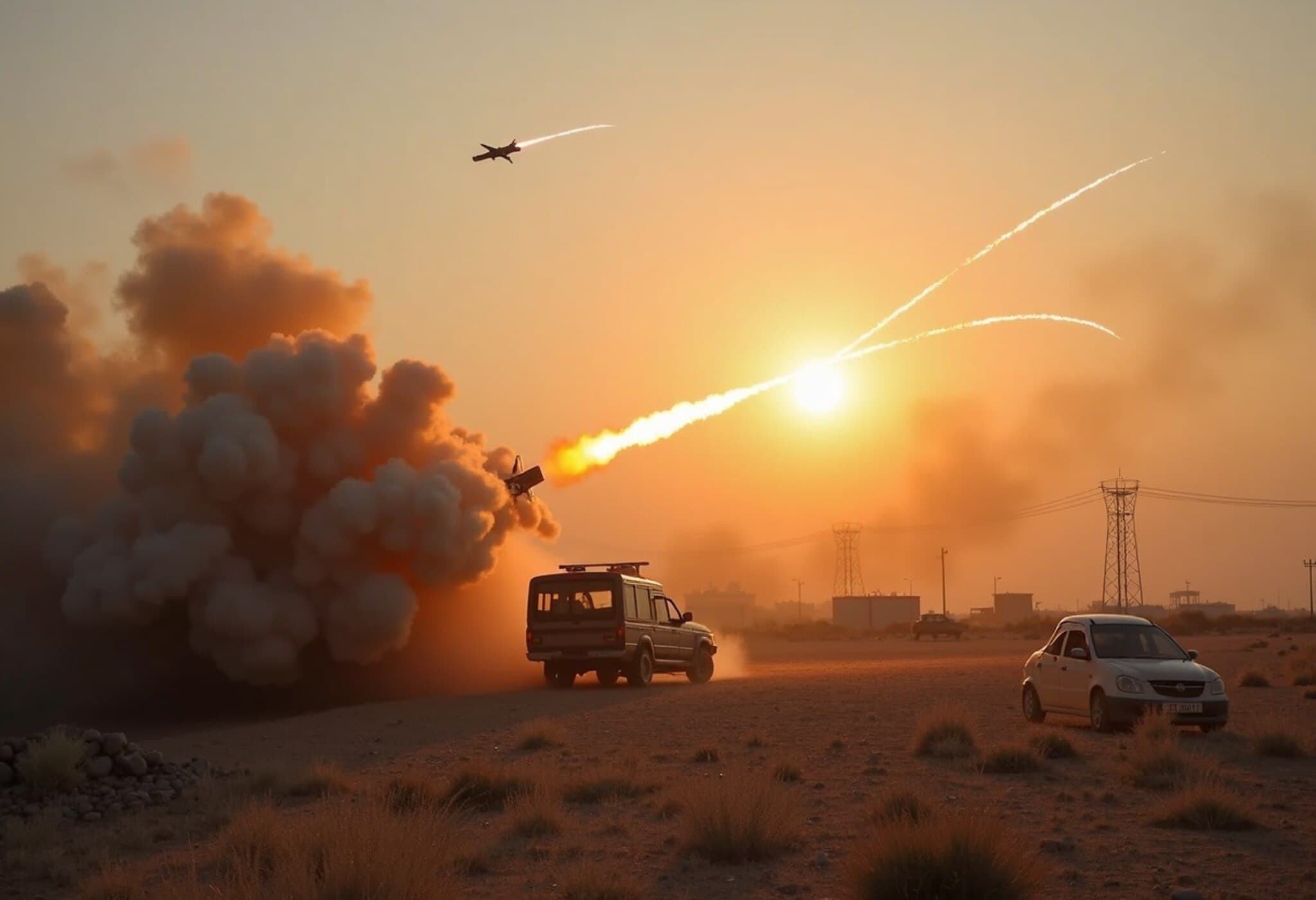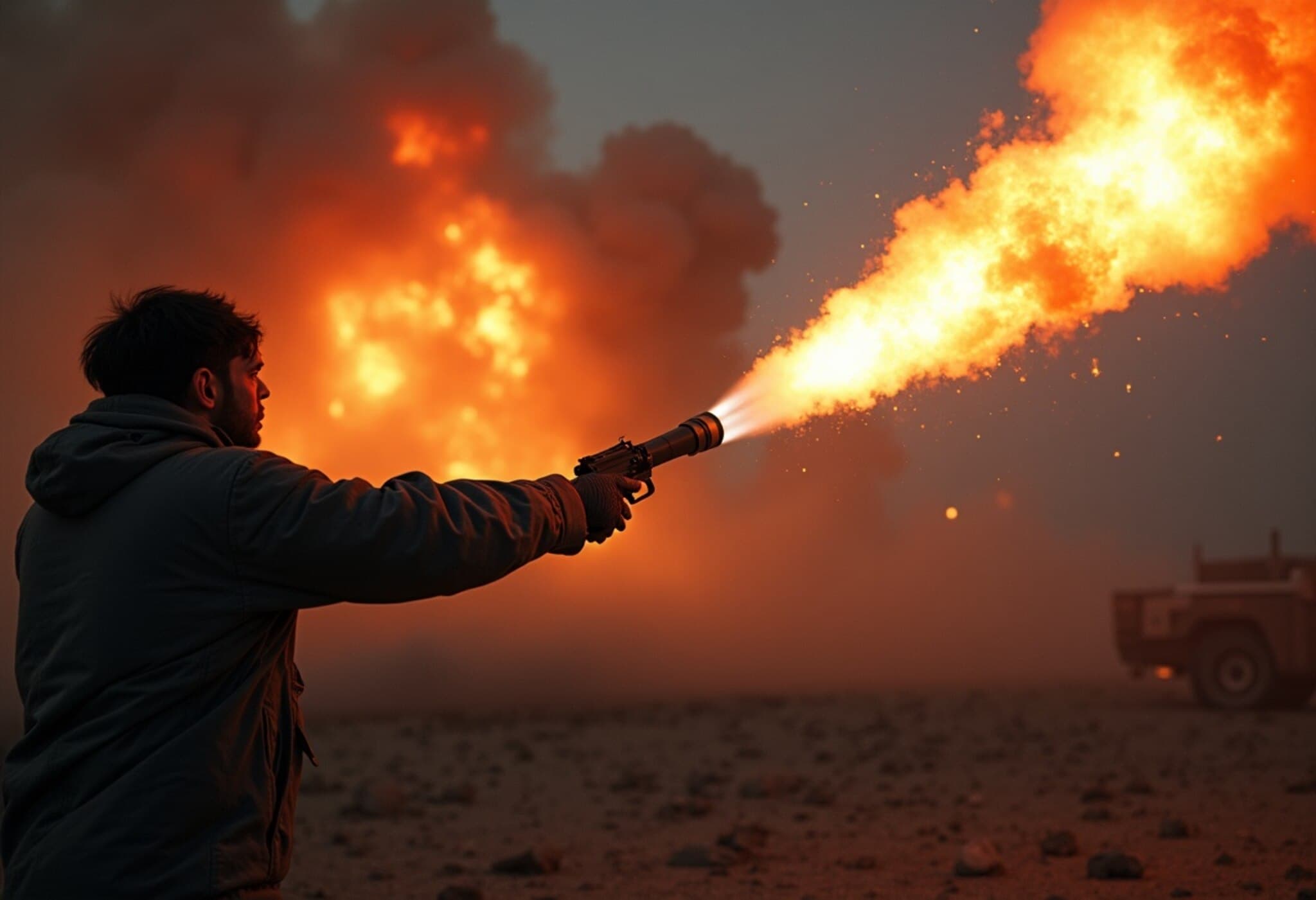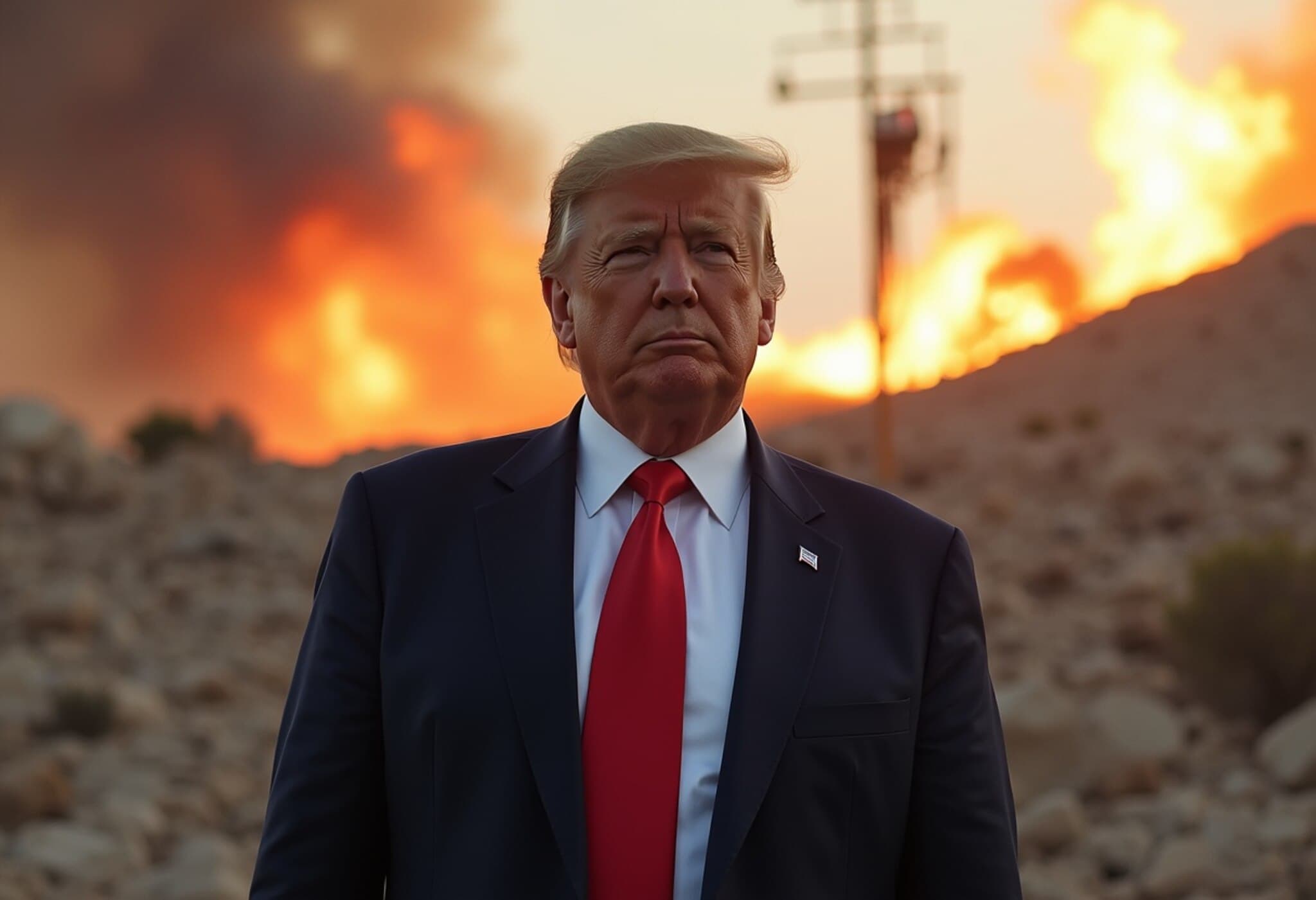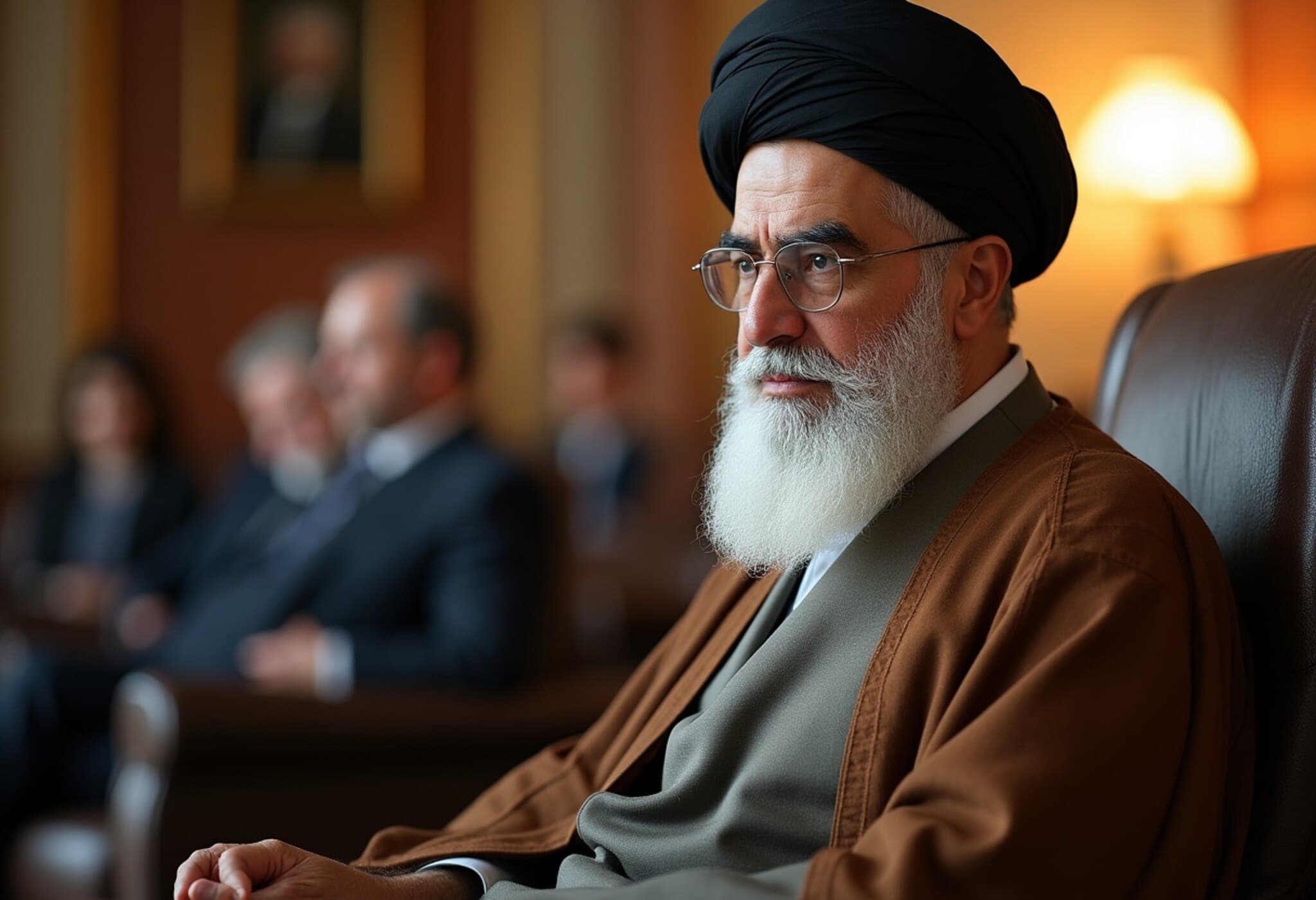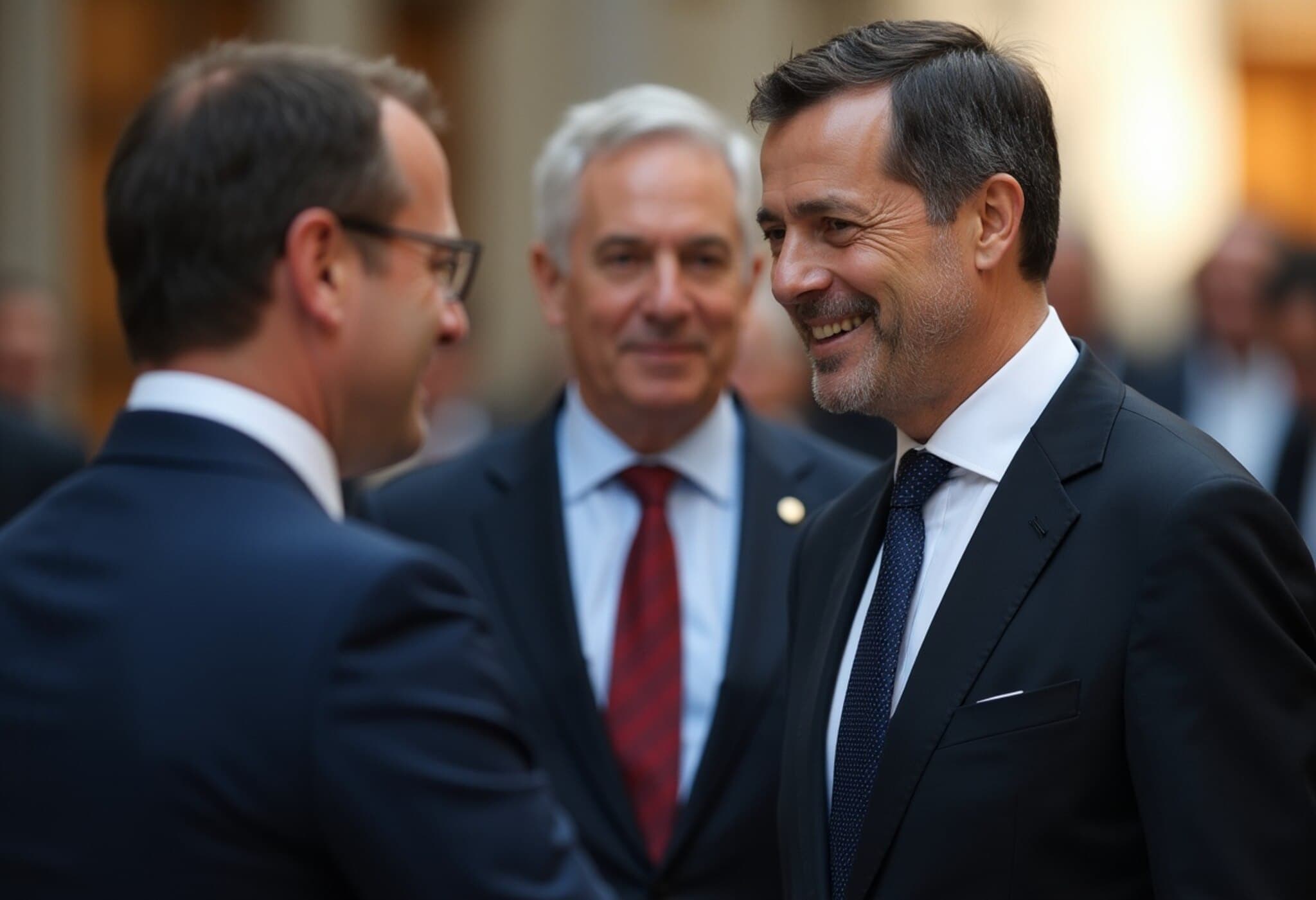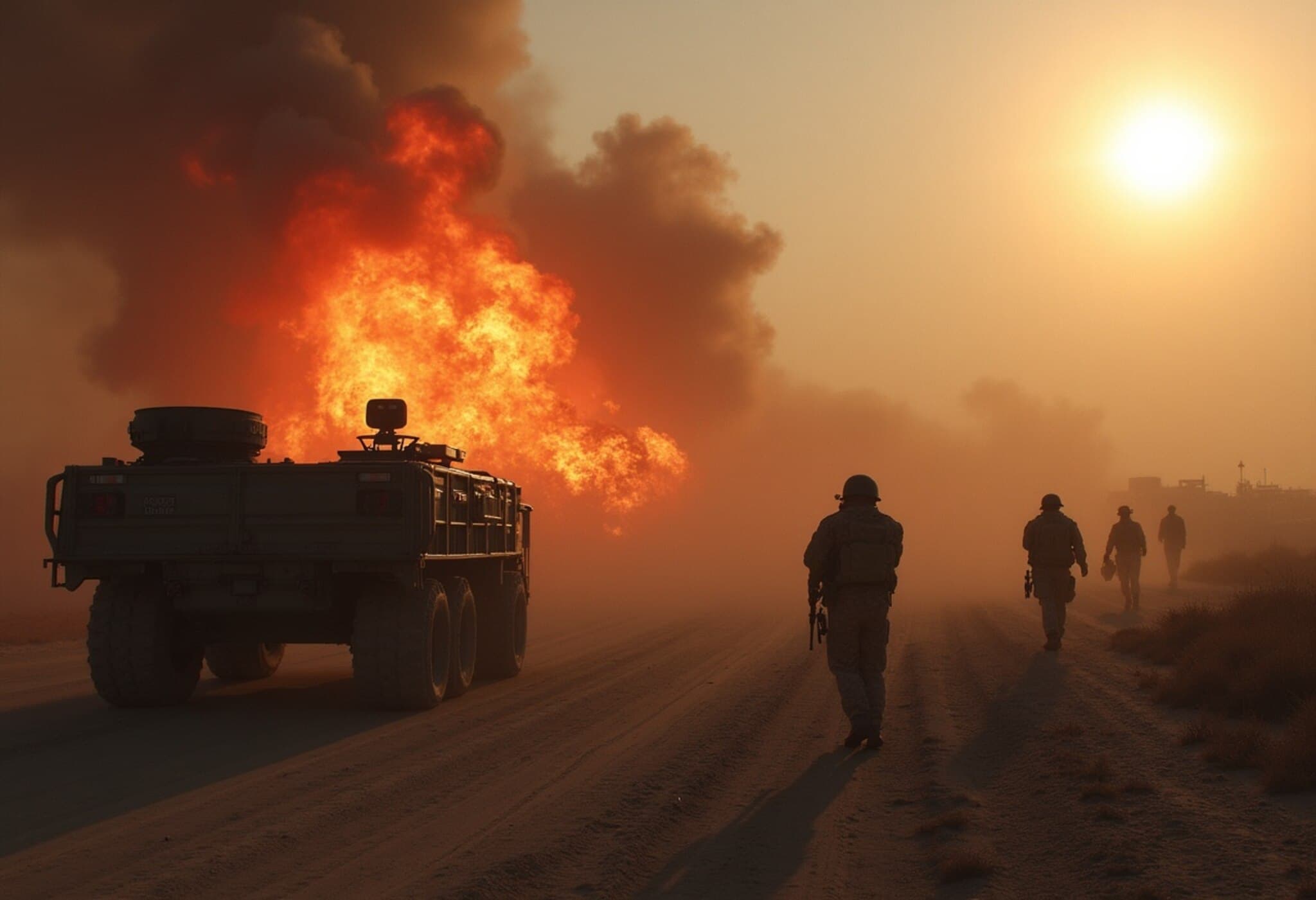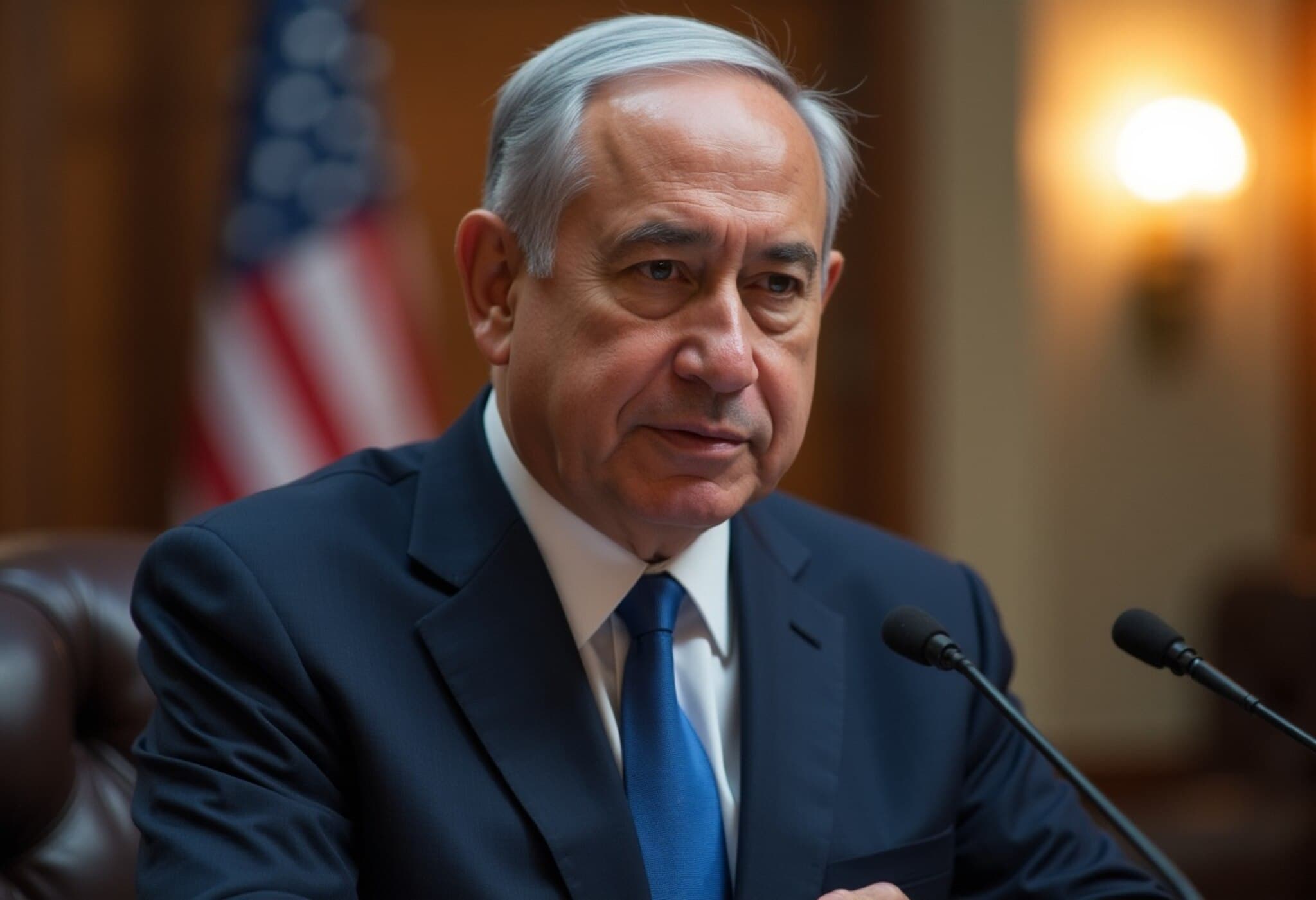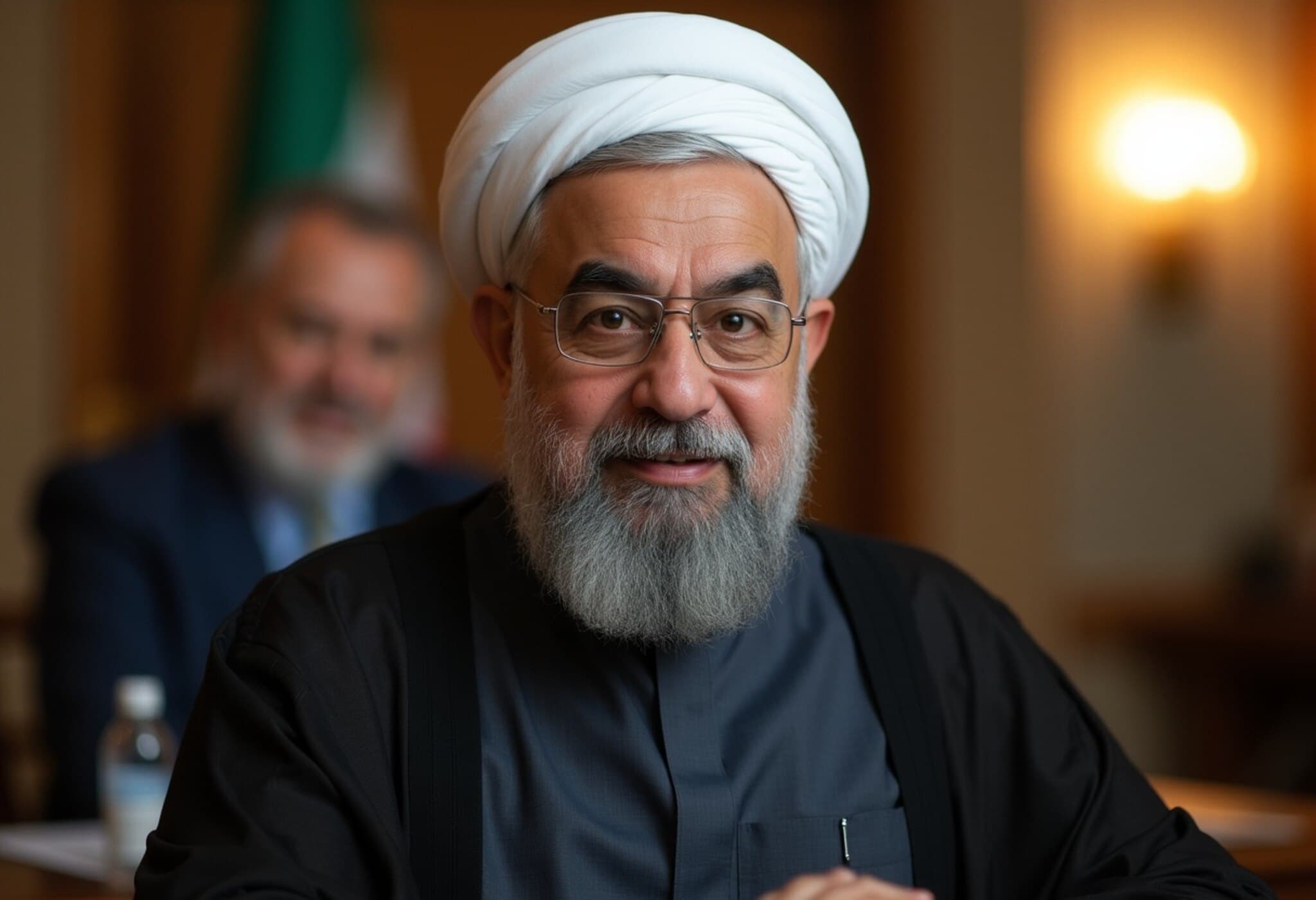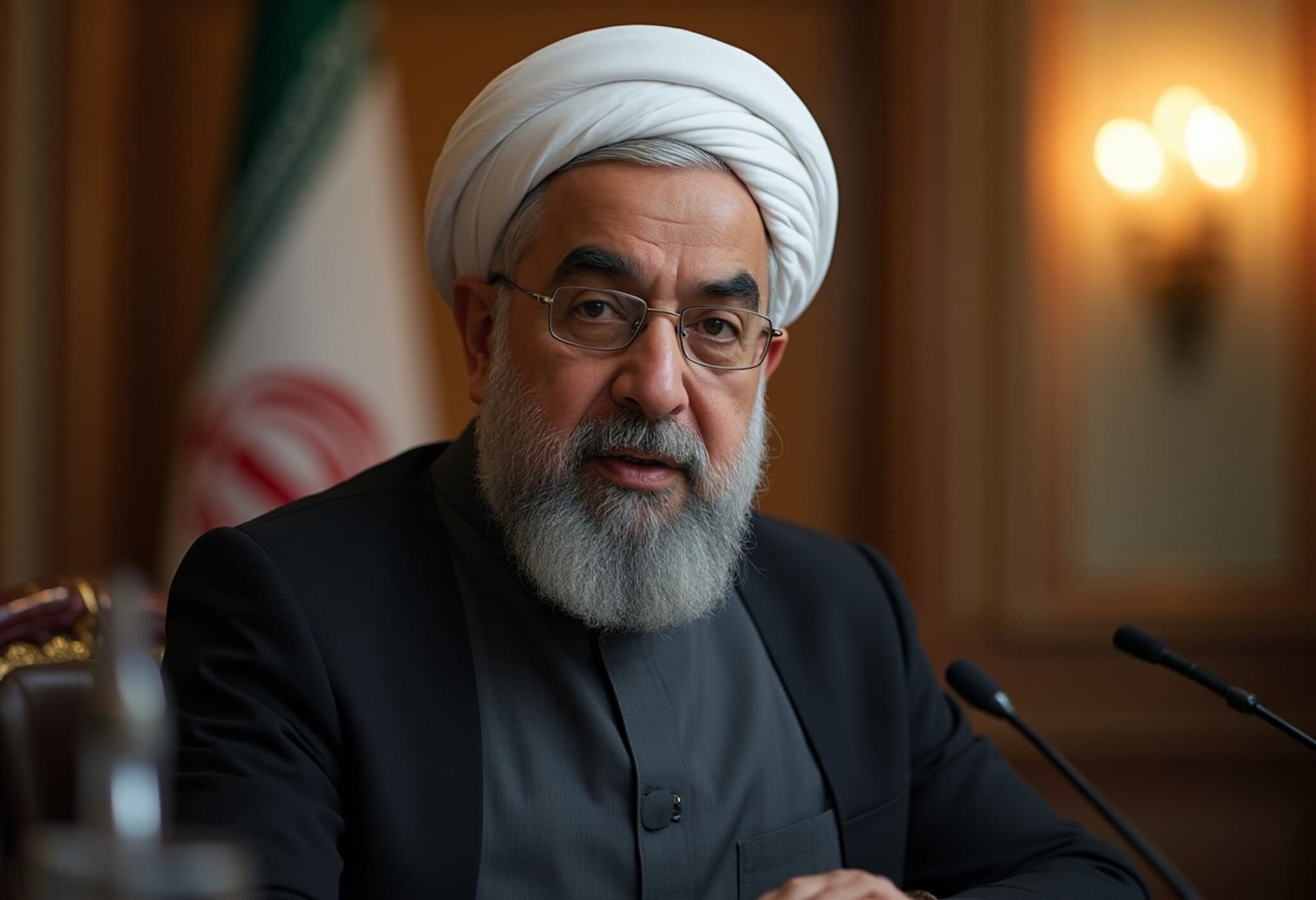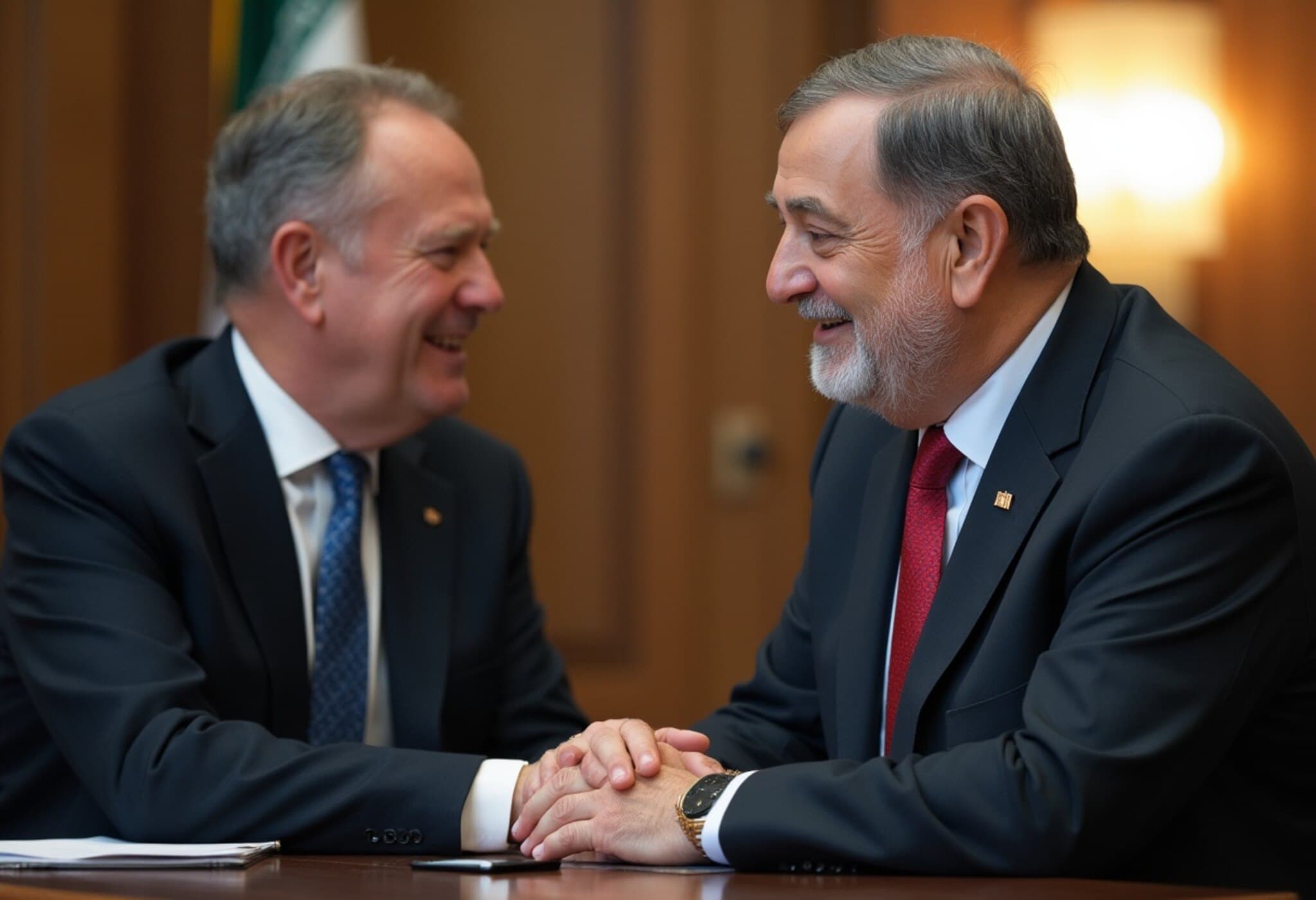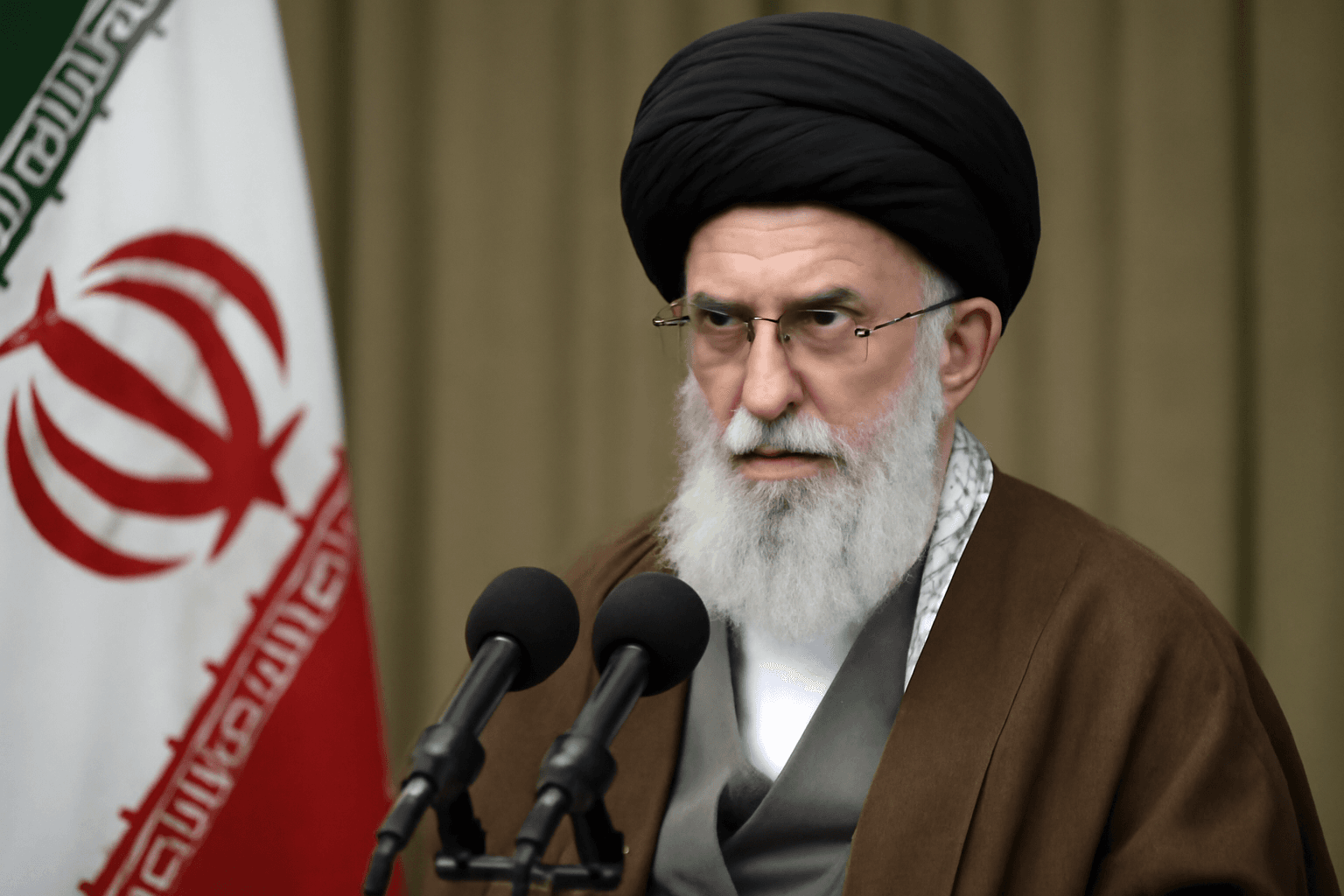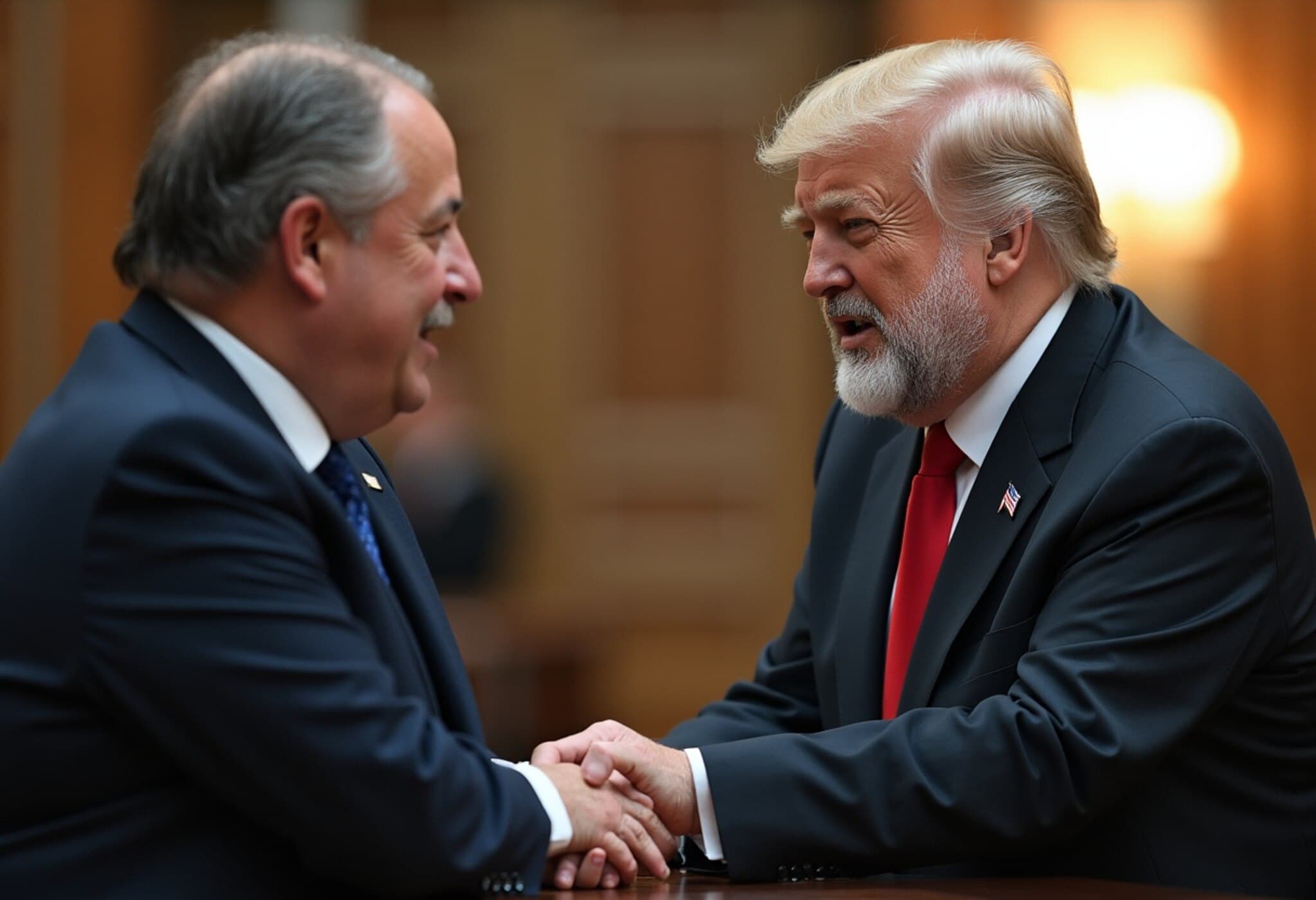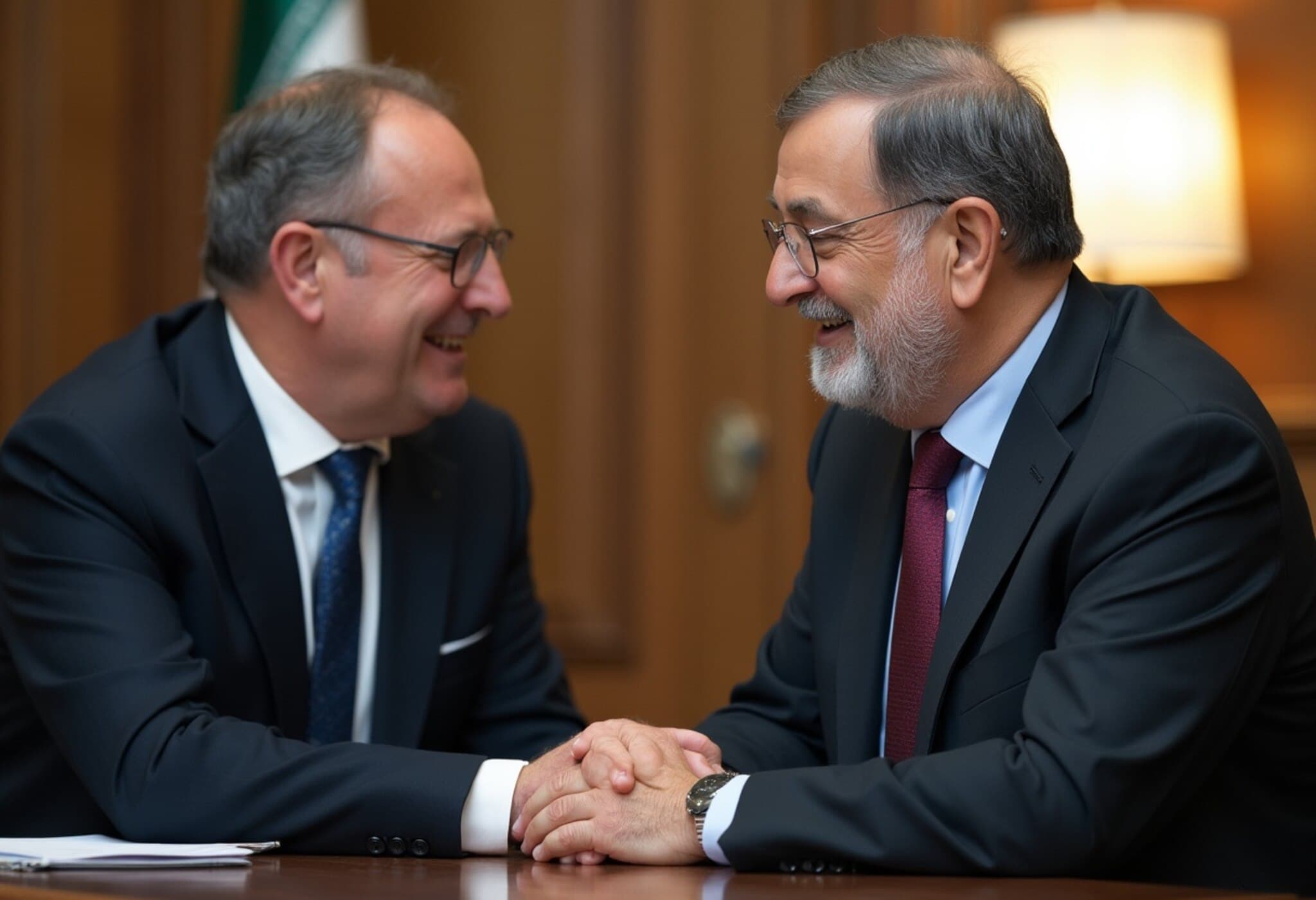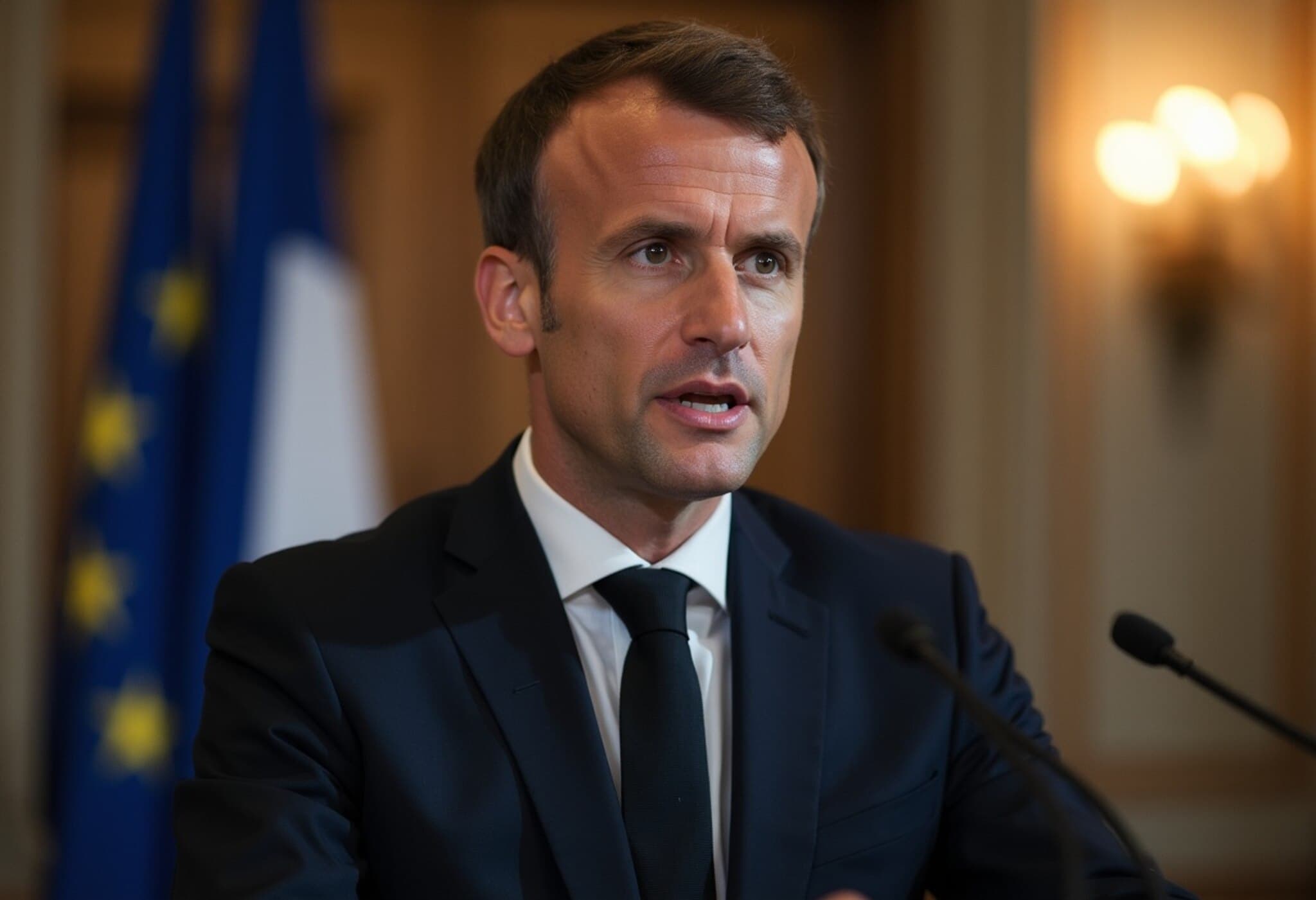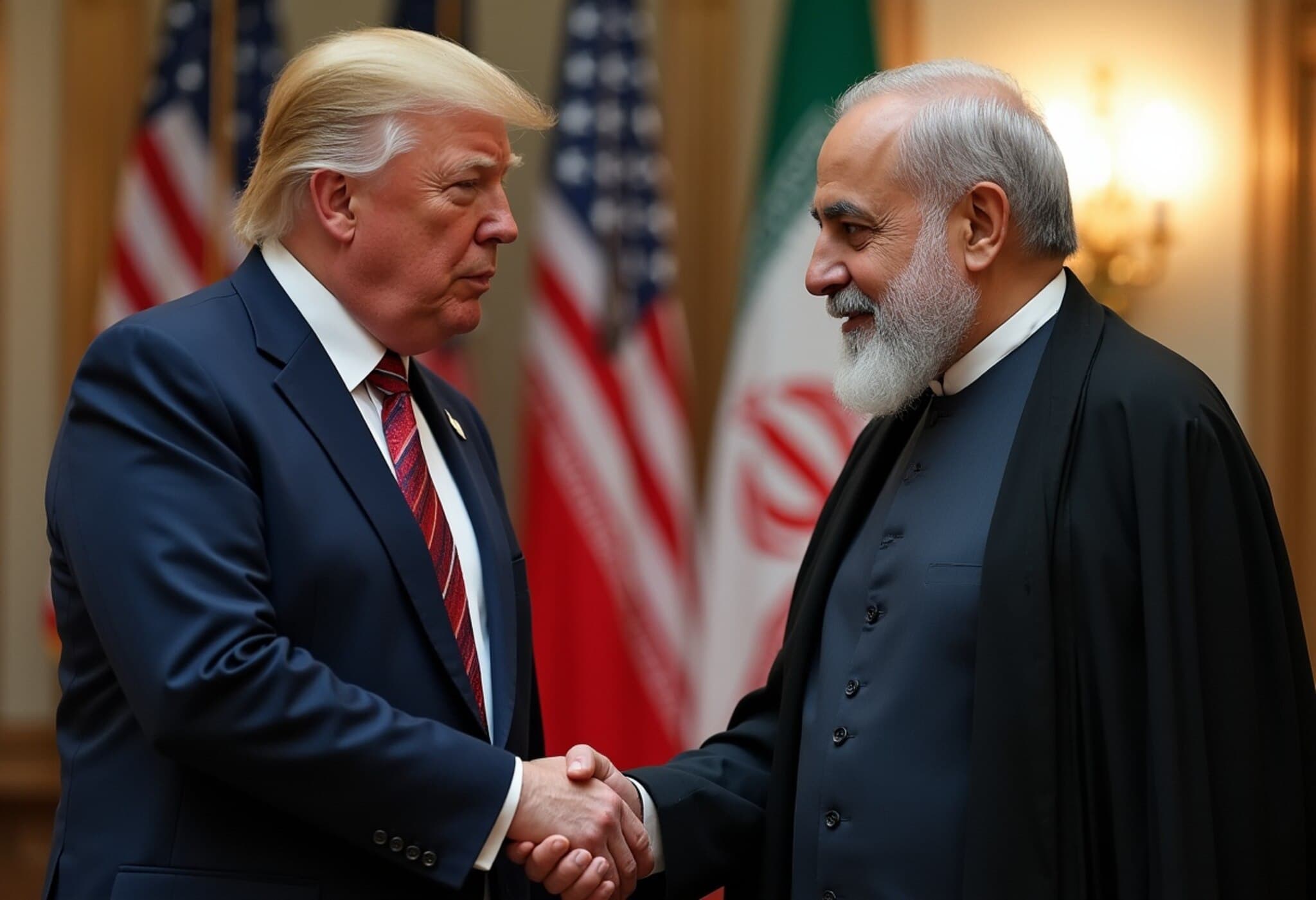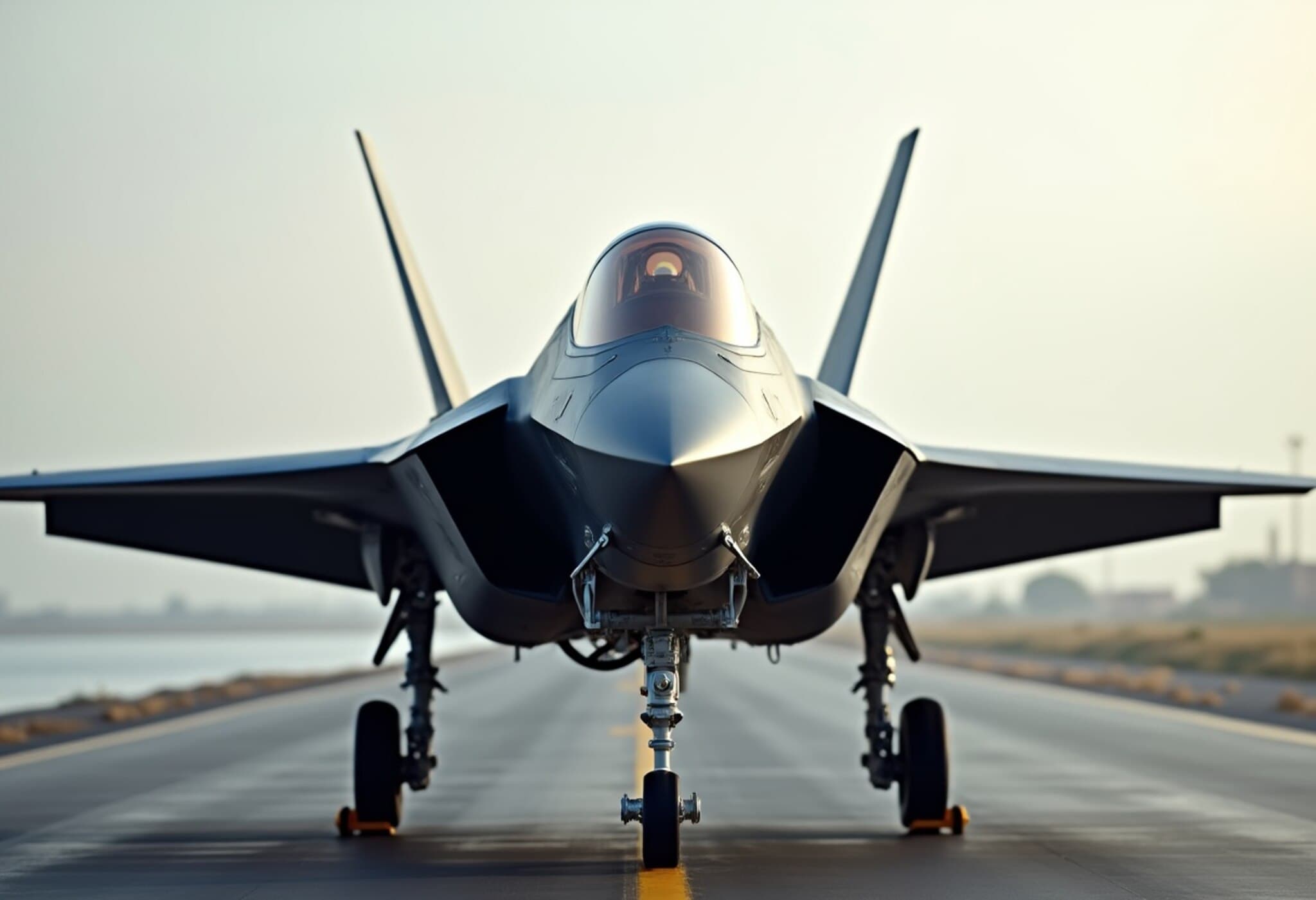US and Iran to Restart Nuclear Negotiations in Istanbul
In a significant development amid escalating Middle Eastern tensions, Iran has agreed to resume nuclear negotiations with European powers this Friday in Istanbul. This marks the first dialogue since last month’s US and Israeli military strikes on Iranian nuclear facilities, which had dramatically increased geopolitical strains in the region.
Background: The Fragile Diplomatic Landscape
The talks involve Iranian officials meeting with representatives from the E3 group—Britain, France, and Germany—who have collectively warned Tehran that sanctions may be reinstated if it refuses to return to the negotiating table regarding its nuclear program.
Western countries, particularly the US, Israel, and their European allies, have long expressed concerns that Iran is pursuing nuclear weapons capabilities, an allegation firmly denied by Tehran. The impasse has fueled a cycle of tension, sanctions, and military incidents.
What’s at Stake?
Foreign Ministry spokesperson Esmail Baghai told Iran’s state media that the resumed negotiations would focus exclusively on the nuclear program. This renewed willingness to engage comes at a critical juncture, following a 12-day Israeli offensive targeting Iranian nuclear sites and increased US military involvement, including the deployment of B-2 stealth bombers and bunker-busting munitions aimed at those facilities.
A German diplomatic source reaffirmed the E3’s position, emphasizing their commitment to preventing Iran from acquiring nuclear weapons and the pursuit of a verifiable, long-term diplomatic solution.
Historical Context: Breakdowns and Escalations
Prior to these recent strikes, Iran and the US had conducted multiple negotiation rounds, brokered in part by Oman, to try and reach an agreement. However, these efforts collapsed following President Donald Trump’s support for Israeli military action in Iran, which effectively shut down the diplomatic process.
Since then, hostilities between Israel and Iran have grown increasingly pronounced—with direct military exchanges and bombing raids underscoring the volatile environment.
Expert Insight: A Delicate Balance
From a US policy perspective, while military pressure has been employed to hinder Iran’s nuclear ambitions, diplomatic solutions remain crucial to avoid a broader conflict. The Istanbul talks offer a vital opportunity to reinstate dialogue that could lead to de-escalation, though skepticism remains given the recent flare-ups.
Moreover, Iran’s decision to engage once again with the E3 highlights the ongoing importance of European diplomacy in mediating complex US-Iran tensions. The success or failure of these talks could significantly impact regional security, energy markets, and global non-proliferation efforts.
Looking Ahead: Key Questions
- Will Iran transparently commit to nuclear restrictions and allow international inspections?
- Can the US and its allies leverage this dialogue to prevent further military escalations?
- How will Israel respond if negotiations falter, given its security concerns?
- What role will European powers play in sustaining diplomatic momentum?
Conclusion
As negotiators gather in Istanbul, the world watches closely. The resumption of talks between Iran and European countries may pave a cautious path toward reducing nuclear threats and regional conflict. Yet, the road ahead remains uncertain, balancing diplomacy against deep-seated mistrust and recent military confrontations.

